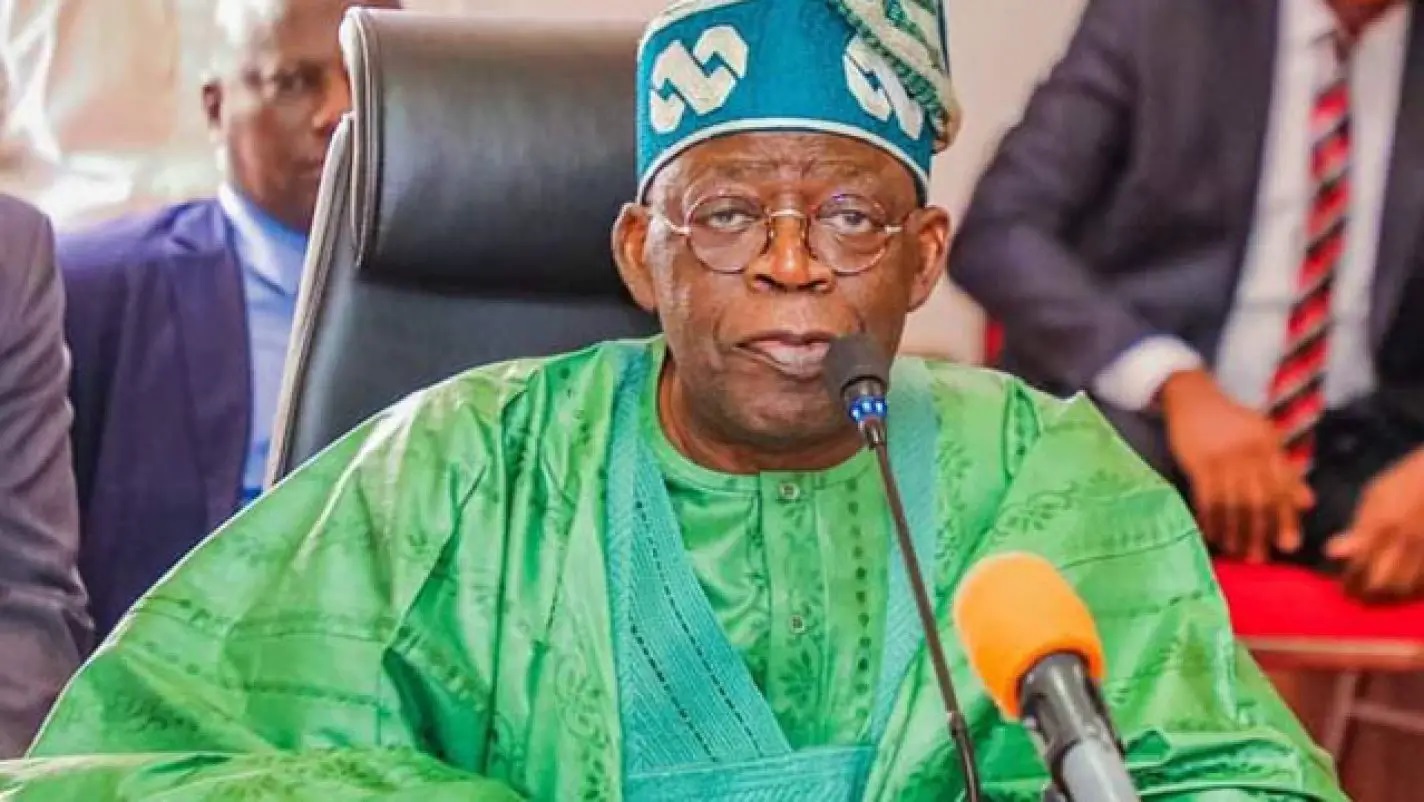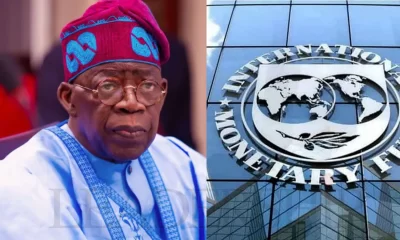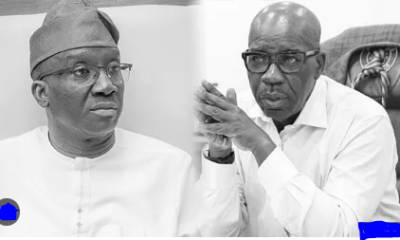World Bank lead economist, Alex Sienaert, says Nigeria is projected to save up to $5.1 billion (N3.9 trillion) in 2023 alone after the removal of fuel subsidy and reforms of its foreign exchange market.
Sienaert disclosed this during a presentation at an event organized by the bank to assess the country’s economy in the last 6 months on Tuesday in Abuja, noting that savings from the reforms did not amount to a fiscal windfall.
He said, “They stop Nigeria from going over what you might call the fiscal cliff. They really set the stage for a new and an upward trajectory in terms of Nigeria’s development path.’’
On the exchange rate, the World Bank Senior Economist said that the previous foreign exchange management approach impeded investment and growth, contributed to inflation and undermined the efficacy of the monetary and fiscal policies.
He said Nigeria should remove restrictions that had been placed on a list of 43 items, including sugar and flour, which the apex bank directed cannot be allocated dollars at the official rate, in order to deepen foreign exchange reforms.
READ ALSO: World Bank reveals Nigeria secured approval for $800m loan in December 2021 as Buhari sought Senate approval in 2023
Also, speaking at the occasion, the World Bank Country Director for Nigeria, Dr Subham Chadhuri, said the international financial institution is in support of the Federal Government’s removal of fuel subsidy and exchange rate unification.
Chadhuri explained that the policy, though painful, remains key to rebuilding the economy of the nation.
He further stated that the World Bank’s concessionary funding to Nigeria currently stands at over $10 billion.
Nigeria’s recently sworn-in President, Bola Tinubu, is embarking on the country’s biggest reforms in decades with the removal of the petrol subsidy and unification of the country’s multiple exchange rates.
Recall that President Bola Tinubu during his inaugural speech on May 29, 2023, announced that fuel subsidy is gone as there was no provision for that in the 2023 budget from July 1.
The President pledged his administration’s support to channel the money to provide basic infrastructural needs to Nigerians.
The CBN had on June 14, announced the unification of all segments of the forex market collapsing all windows into one. This was part of a series of immediate changes to operations in the Nigerian Foreign Exchange (FX) Market, in a bid to improve liquidity and stability.

 Entertainment1 week ago
Entertainment1 week ago
 Entertainment5 days ago
Entertainment5 days ago
 Comments and Issues1 week ago
Comments and Issues1 week ago
 Comments and Issues1 week ago
Comments and Issues1 week ago
 Health7 days ago
Health7 days ago
 Business1 week ago
Business1 week ago
 Comments and Issues1 week ago
Comments and Issues1 week ago
 Health3 days ago
Health3 days ago












